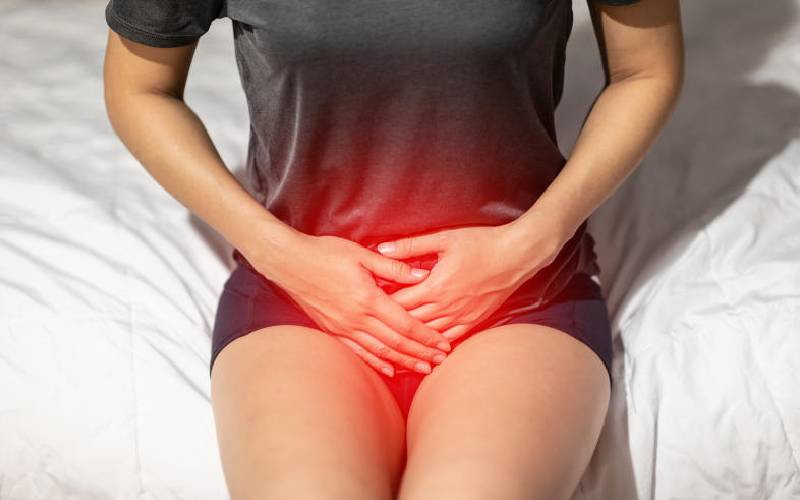×
The Standard e-Paper
Join Thousands Daily

What started as routine menstrual cramps for two young women has evolved into a relentless struggle with a condition that has shaped their lives since their first cycles. Each month, they endure prolonged, heavy bleeding and unyielding pain - a cycle of suffering that has robbed them of countless days and joyful moments. Their experiences go beyond physical discomfort, touching every aspect of their lives, from school, work to relationships, as they manage the exhausting demands of an invisible burden.







